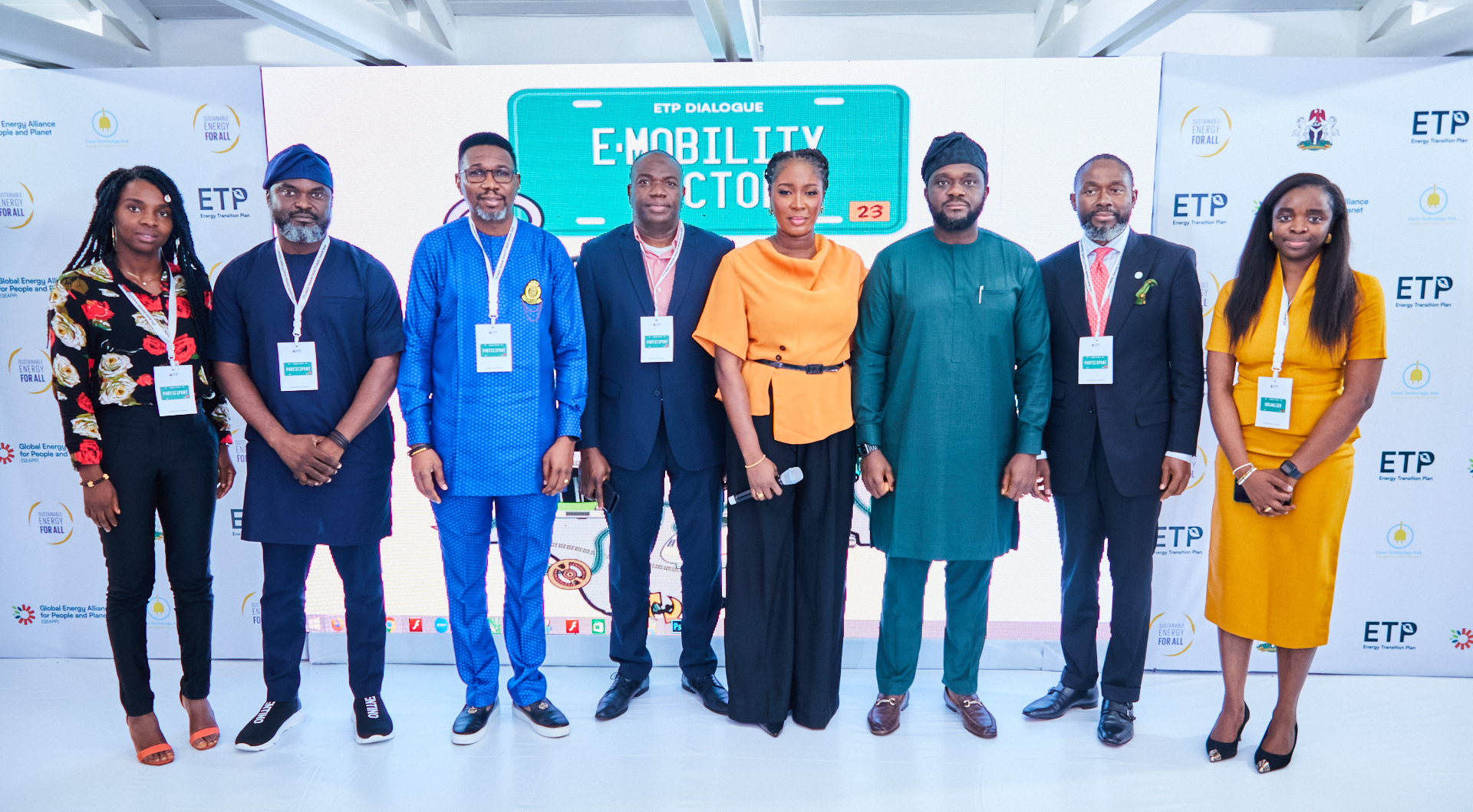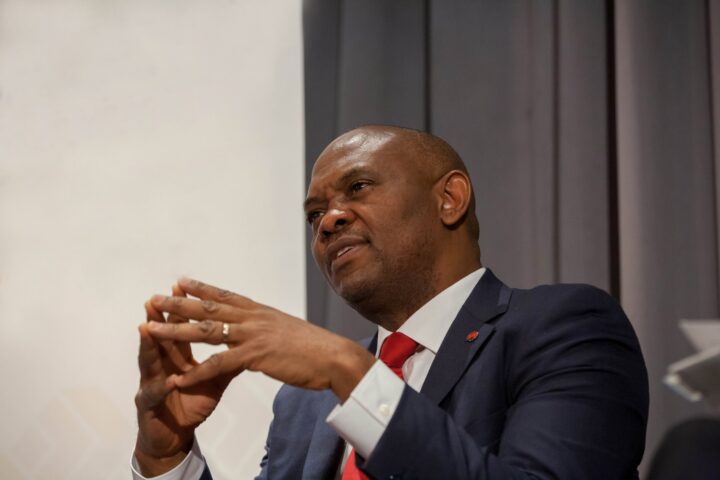Stakeholders have called for more public awareness on the benefits of electric mobility.
Described as the mobility of the future, electric mobility or e-mobility refers to road vehicles powered by an electric motor and charged with electricity.
E-mobility offers options for both short trips (bicycles, scooters and electric motorcycles) as well as long trips (electric public transport vehicles) — with the aim of providing green transportation alternatives in the post-subsidy regime.
Speaking on Thursday at the energy transition plan (ETP) transport/e-mobility stakeholder session in Lagos, Ademola Ogunbanjo, executive vice-president, Oando Clean Energy Limited (OCEL), said Nigerians are apprehensive of the electric vehicle sector because of the power deficit.
Advertisement
However, he said the delivery of power is modular, “so you can take power when you need it.”
Explaining the role of financiers and players in the sector, Ogunbanjo said they must work towards building the EV charging infrastructure as well as create market appeal.
“Nobody brings in an electric vehicle without having solved the charging issue,” he said.
Advertisement
“So we felt the best way to do this was to pull the trigger on sensitising the society about the need to transition to electric vehicles, to partner with the government using the public transport system.
“So we approached Lagos and like I said, they were ready. They had done their studies; they just hadn’t rolled out the equipment.”
In April, OCEL announced that it took delivery of electric mass transit buses that will kick off the proof-of-concept phase of the company’s sustainable transport initiative.
Advertisement
Speaking on the progress of the scheme, Ogunbanjo said the company is in partnership with Ikeja Electric Distribution Company (IKEDC) and “they’ve been able to provide to us consistent, uninterrupted power from the beginning of the phase”.
“This is the third week,” he added.
Olajide Kumapayi, chief technical officer at Ikeja Electric DisCo, said until people’s confidence levels are raised, sensitisation is a crucial tool in pushing for a sustainable transport sector.
Advertisement
Gbemi Akinshile, research and communications associate, Energy Transition Office (ETO), said a key strategy in the transport sector for the energy transition plan is e-mobility because “if we’re going to get to net zero, we need to go electric”.
She said a key issue that ETP addresses is “what can happen in terms of getting people more into public transit and getting more people interested in mass transit systems”.
Advertisement
Speaking on his organisation’s efforts as a development financing bank (DFI), Banjo Alimi, head of renewable energy and mobility, Sterling Bank, said the bank will open its commercially and publicly available EV charging stations by the end of the month, in Lagos.
“What we decided to do about a year ago is to study the industry and we decided very quickly, much like this is where mobility is going to and that we have to position for it. We thought about beyond financing,” he said.
Advertisement
Add a comment








